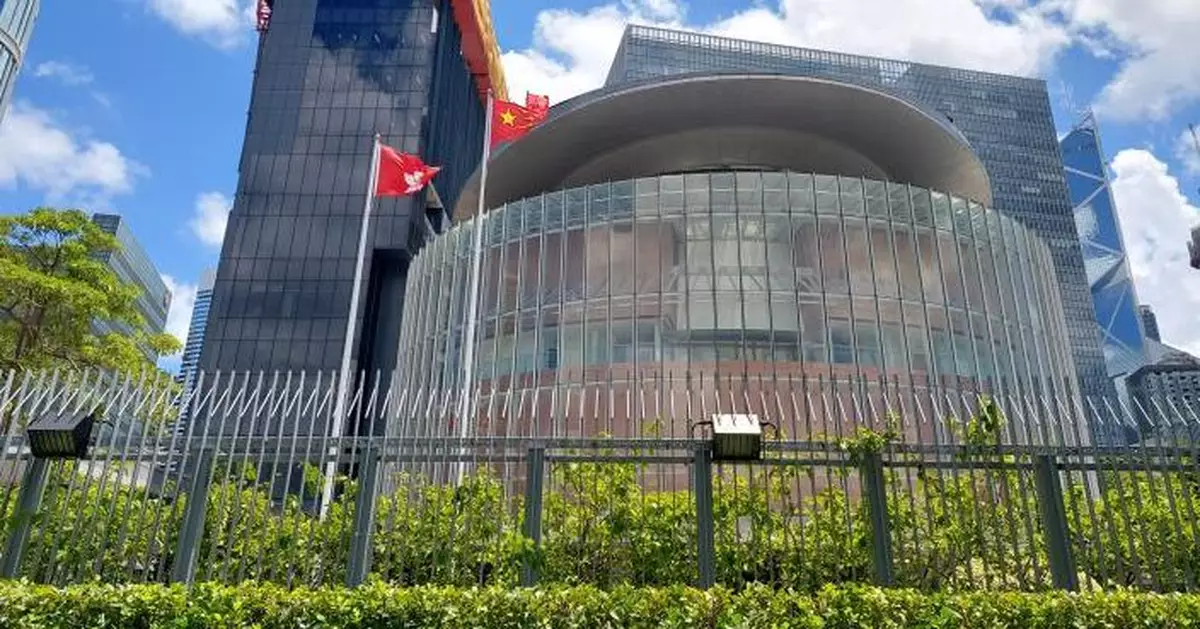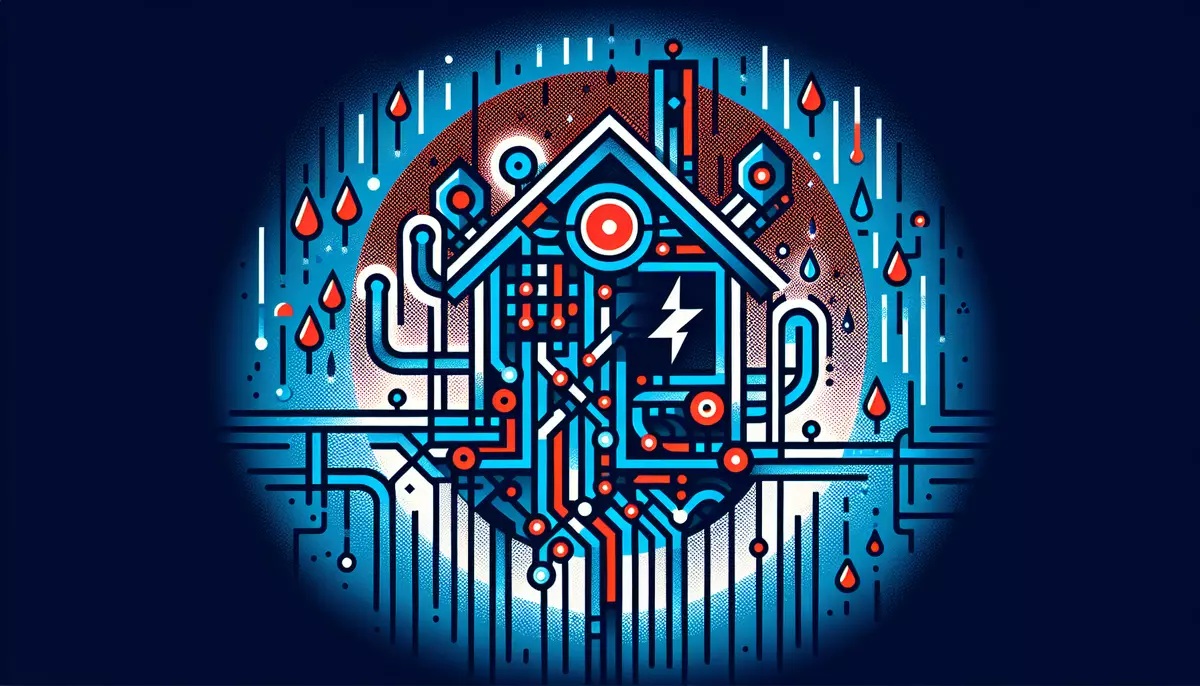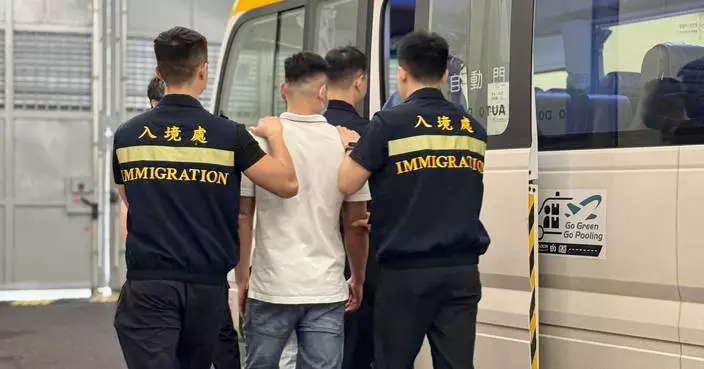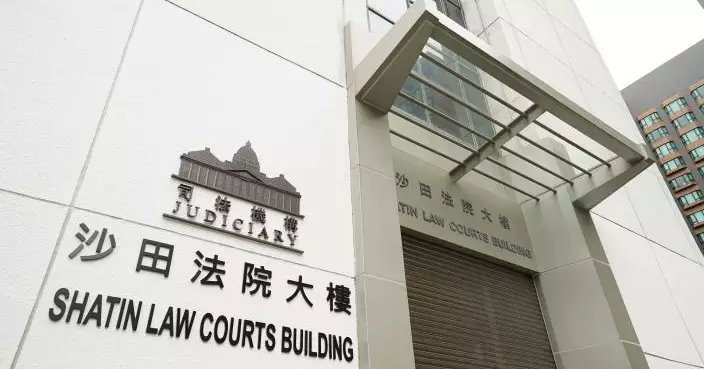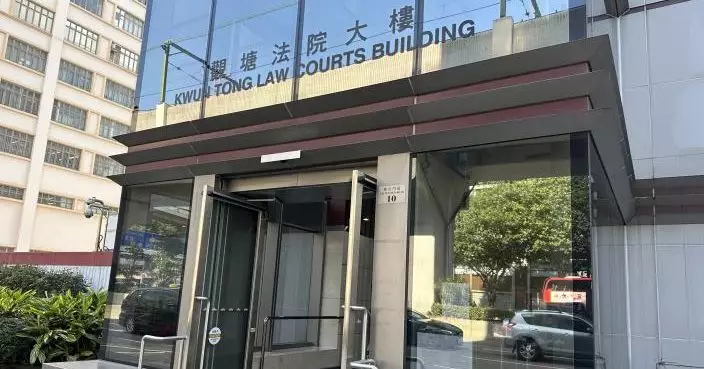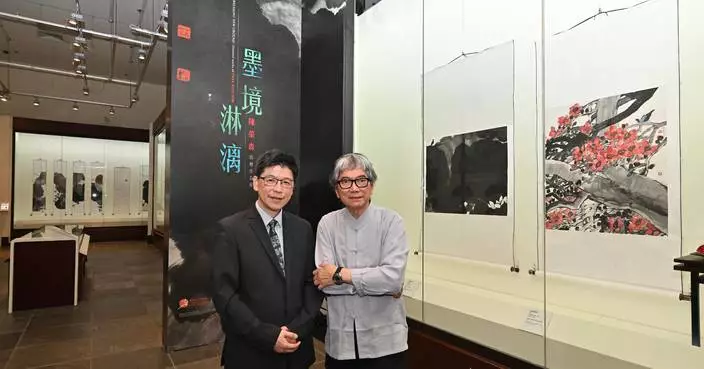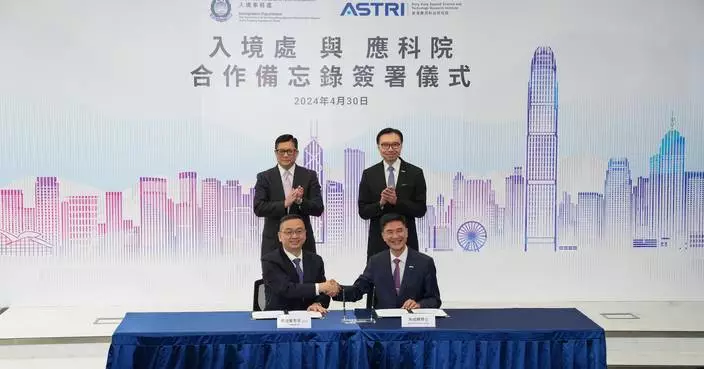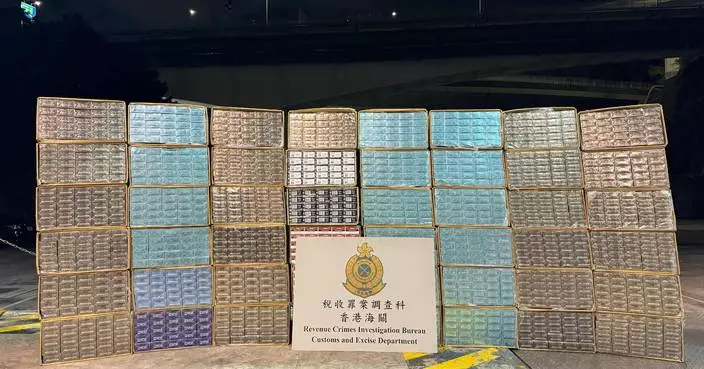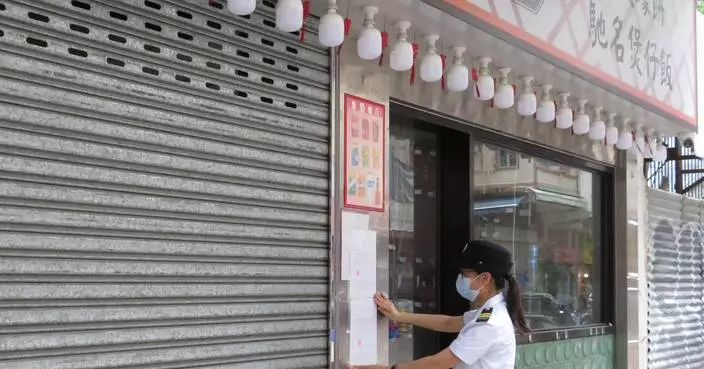Sdev's exciting updates on key policy areas at legco finance committee special meeting
Following is the opening remarks (English translation) by the Secretary for Development, Ms Bernadette Linn, on works policy areas at the special meeting of the Legislative Council (LegCo) Finance Committee today (April 17):
Chairman,
In this session of the special meeting of Finance Committee, I, together with the responsible officers of the Works Branch of the Development Bureau (DEVB) and departments under its purview, will brief Members on works policy areas and respond to questions from Members.
Delivery of public works projects and construction innovation
With the commencement of more land creation and infrastructure projects, construction cost is an issue of social concern. Construction cost is affected by various factors including the cost of living, manpower supply and demand, wage level and site constraints in construction projects. While we strive to compress construction cost, we are also conducting a strategic study to identify the stress points of construction cost, with a view to formulating strategic initiatives by making reference to the ways to success, both locally and overseas. The relevant work will be completed within this year and we will brief LegCo Panel.
One of the stress points is the challenges facing the construction industry in Hong Kong, including manpower shortage and declining productivity. We will continue to adopt a multi-pronged approach, including promoting the application of innovative construction methods and technologies in the industry, and enhancing training quality and quantity to recruit more new blood proactively. The Labour Importation Scheme for the Construction Sector, which has been implemented since July last year as a supplementary measure, also helps alleviate manpower shortage.
On promoting the application of innovative construction methods and technologies, we lead the industry to adopt high productivity construction technologies such as Modular Integrated Construction (MiC) and Multi-trade Integrated Mechanical, Electrical and Plumbing to enhance productivity and cost effectiveness. We will also shortly brief the Panel on Development on a series of measures to strengthen the supply chain of MiC modules. In addition, we will establish the Government-led Building Testing and Research Institute this year. Apart from research and development (R&D) activities for innovative materials, construction methods and technologies, it will also devise standards, conduct testing and provide accreditation. It is hoped that the institute can attract R&D talent to Hong Kong and further promote industrialisation of the construction industry.
Furthermore, we will continue to encourage wider adoption of technologies in the industry through the Construction Innovation and Technology Fund. Specifically, on enhancing site safety performance, we raised the funding ceiling last year and have worked out various packages of Smart Site Safety System (SSSS) products for different types of works projects. We, in collaboration with the Construction Industry Council, are planning a scheme to issue specific labels to worksites that adopt SSSS for identification and ease of monitoring, with a view to encouraging more private worksites to adopt SSSS.
Combating climate change
In recent years, we have been faced with some extreme weather conditions. The phenomenal rainstorm last September has set off the alarm bells. In view of this, the DEVB will supervise its departments to do best the emergency preparatory and follow-up efforts for extreme rainfalls and super typhoons, so as to lower the risks of flooding and landslides, as well as that of hazards caused by falling trees and building components under extreme weather. Our emergency response co-ordination efforts will also be strengthened. We will announce specific plans and arrangements as soon as possible.
To further enhance the flood prevention and resilience of the city, we have been working expeditiously and will apply for funding from the LegCo in mid-2024 to take forward seven stormwater drainage improvement projects, including projects in districts such as Wong Tai Sin and Hong Kong Island East that were hit by severe floods in the past. The Drainage Services Department will in parallel invite tenders for the improvement projects to enable early commencement of the projects.
We are also conducting some long-term studies, including the "Strategic Planning Study on Flood Management against Sea Level Rise and Extreme Rainfall" and the "Study on Shoreline Management Plan", both expected to be completed in the fourth quarter this year.
Land development projects
On land development, we have already discussed planning and lands aspect in the first session. Works departments have been actively participating in and responsible for land development. Regarding the Northern Metropolis, we will commence site formation and infrastructure works of various new development areas this year. Among them, the LegCo is scrutinising funding applications for the second-phase of Hung Shui Kiu/Ha Tsuen and the remaining-phase of Kwu Tung North/Fanling North projects. We will seek funding approval within this year for the site formation works at San Tin Technopole for commencement at the end of this year. We hope that Members will support the projects to enable early commencement of the projects.
As regards the Kau Yi Chau Artificial Islands (KYCAI) project, the Government indicated earlier that in view of the current economic and financial situations, the project will be deferred a little bit, but our determination to take forward the project would not change. We are committed to conducting the environmental impact assessment (EIA) for the reclamation works, and aim to commence the statutory EIA process for the reclamation works and a detailed engineering design progressively this year. We expect that the detailed design of the reclamation works will be completed by phases from 2026, and strive to commence the reclamation works within the term of the current Government. Members of the public will be concerned about the financial capability of the Government, the Committee on the Financing of Major Development Projects led by the Financial Secretary will continue to explore specific financial arrangements for major land and transport infrastructure projects, including the Northern Metropolis and KYCAI project, and make an effective plan for project investment and the deployment of manpower and resources.
My team and I shall be happy to respond to further questions from Members on works policy areas.
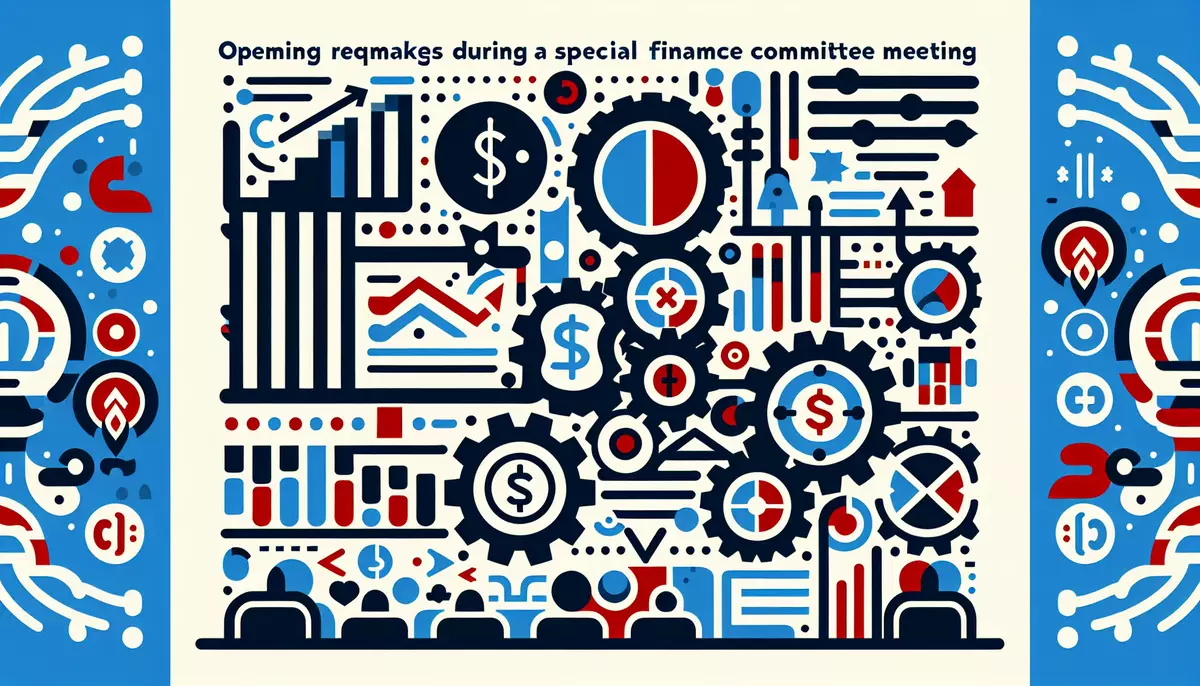
Source: AI-generated images


